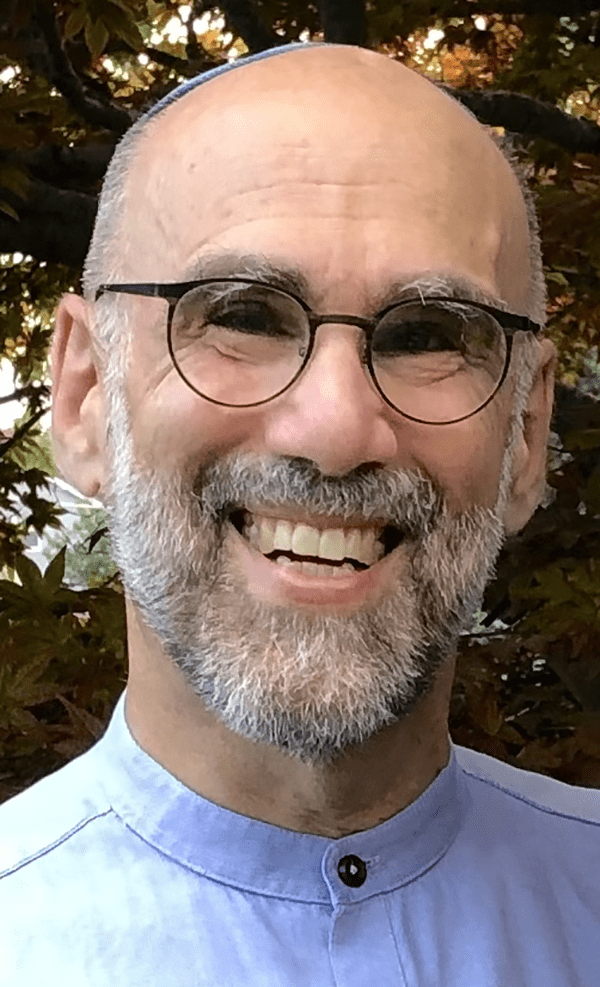Words / yom ha’atzma’ut
Like so many other commentators — ancient to modern — Rabbi Lord Jonathan Sacks elaborates on the construct of tzara’at, an unidentified skin ailment, as recompense for evil speech, lashon hara. Long-ago rabbinic wordplay connected tzara’at to words, speech, that can be hurtful. Aside from a clever acronymic derivation, why would the sages have focused on speech?
Makin’ Matza!
My recent posts...
Selling Chametz
Even if you don’t keep a kosher kitchen, and/or you don’t “convert” your kitchen for Pesach, there is still spiritual value in selling your chametz: You are engaging with myriad Jews worldwide in a practice that can be traced back to Torah and, if you include a donations to “ma’ot chitin,” you are enabling those in need to more fully celebrate Pesach.
A Few Things About Pesach (With lots of links)
There is a wealth of information about Pesach (and the challenges of this year) at Exploring Judaism.org.
Shira b’Tzibbur
The closest thing to shira b’tzibbur that I’ve experienced in the United States is when, during a wedding, bar mitzvah or the like, the band (or, more likely, the DJ) plays “Sweet Caroline” by Neil Diamond. Everyone joins in. With gusto!
Shira b’tzibbur means singing in public, or, song in community. A service leader is called a shliach/shlichat tzibbur, an emissary of those present. In Israel, shira b’tzibbur is one of the ties that has bound the nation (admittedly, my experience may not reflect today’s Israeli society at large). From the simple melodies of foundational folk songs (“Zum Gali Gali,” anyone?) to more complex and painful songs of loss from the many wars and battles, shared history and purpose can be found in the common vocabulary of song.
Erev Yom haZikaron, the evening that begins Israel’s Memorial Day. Ellie and I were among about a thousand Jerusalemites in a schoolyard, facing a small stage and a large screen. After a talk or two, a reading of the names of lost soldiers, and a youth choir performance, one man stood at the microphone. A minor star some years earlier, he shone this night. The words to quiet, passionate songs of loss, of yearning, of hope, were shown on the screen as he led the singing with a low-key voice and simple guitar accompaniment. Nothing flashy. He was there to guide, not to dazzle.
As the last number began, I noticed that he was stepping off the stage, finishing the song among the throng. It was a brilliant stroke: there was no one, there was nothing, to applaud. The echo of the last notes faded, and everyone left the courtyard in near silence. This was the most moving acknowledgement of loss, of community, that I had experienced. I felt that everyone felt, understood, shared. The power of shira b’tzibbur made an indelible impression.
Our community commemorates Israel’s Yom haZikaron on Monday evening at our synagogue. Shira b’tzibbur might not be on the program, but if it is, I will try to sing without tearing up too much (a challenge for me at Jewish events). Later that evening, we will celebrate Israel’s Independence Day, Yom ha’Atzma’ut. Join us on Monday night! Be part of the tzibbur! Call Federation at 609-822-4404 to reserve a spot.


